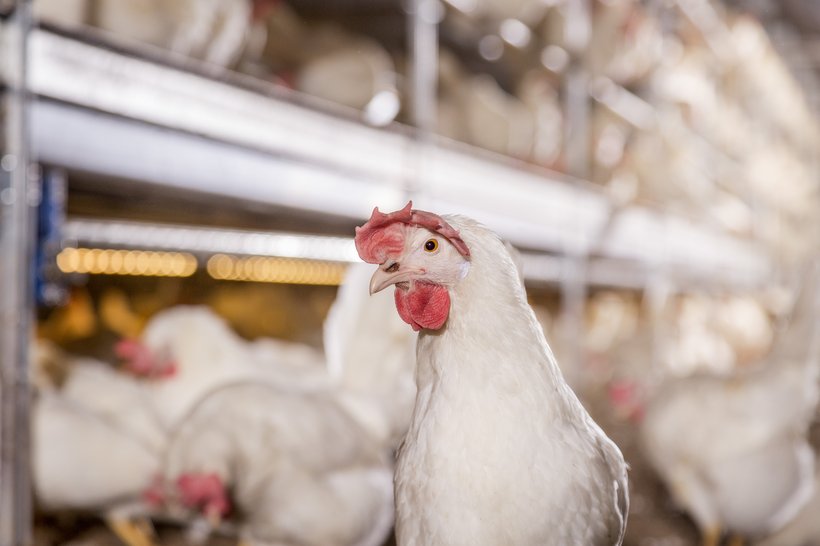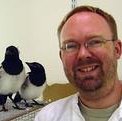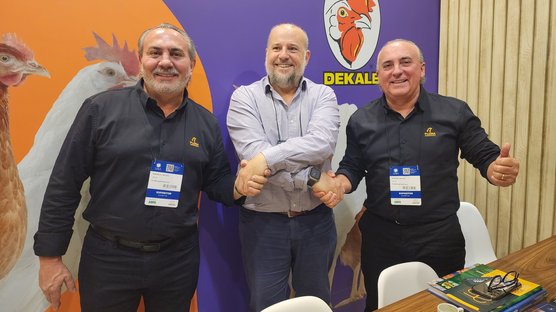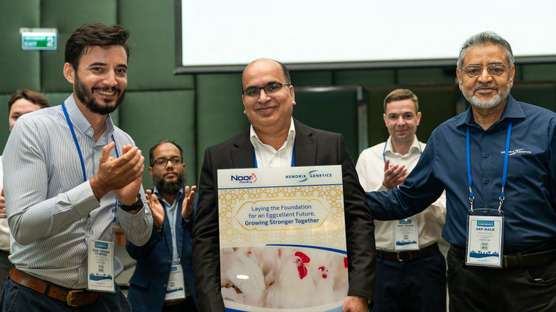
Published on Oct. 4, 2019
Using neuroscience to improve the health and welfare of laying hens
A multi-million European-wide project to improve the conditions of egg-laying chickens has launched today, coinciding with World Animal Day.
We are just one of 20 partners working together as part of The ChickenStress European Training Network (ETN). This project will train future leaders in a range of scientific studies and help egg producers attain the best possible welfare standards for chickens. This project has received €3.9 million investment from the EU Marie Curie Fund.
Over the course of four years, 14 international studies, under the supervision of world experts in their fields, will be conducted to learn more about factors that contribute to stress response and resilience in poultry. The main goal of the project is to understand the stress response of chickens in various environments. A number of factors will be examined, including the impact of their housing system and feed program.
Dr. Tom Smulders from Newcastle University who is leading the project explained:

We will study how stress affects the brain and use this knowledge to identify best practice. We don’t know, for example, how the environment in which they are reared affects how well they adapt to the free-range systems they will be housed in in adulthood… These are the kind of welfare questions we want to answer with this project.
A variety of methods will be used over the projects to measure stress responses and responsivity in laying hens, including markers in the brain (neurogenesis, different neurotransmitters), stress hormones, behavioral tests and observations, and health parameters.
Each project will involve a PhD student as part of the initiative to develop future scientific leaders. By working together with a range of experts, we are proud to be a part of this ambitious venture to maximize health and welfare of the birds in our care and throughout the industry.
All partners:
Newcastle University
Institut de Recerca Biomèdica de Lleida - Fundació Dr. Pifarré (IRBLleida)
Universidad de Lleida
The University of St-Andrews
The Open University of Israel
Universitaet Bern
Scotland’s Rural College
Universiteit Utrecht
Norwegian University of Life Sciences
Eigen Vermogen -Instituut voor Landbouw en Visserijonderzoek
Hendrix Genetics Research, Technology & Services BV
Trinity College Dublin
Vencomatic Group BV
Noldus Information Technology BV
Max Planck Institute for Ornithology
University of Veterinary Medicine, Vienna
Linköpings Universitet
The Lakes Free Range Co. Ltd.
Universiteit Gent
Tel Aviv University



